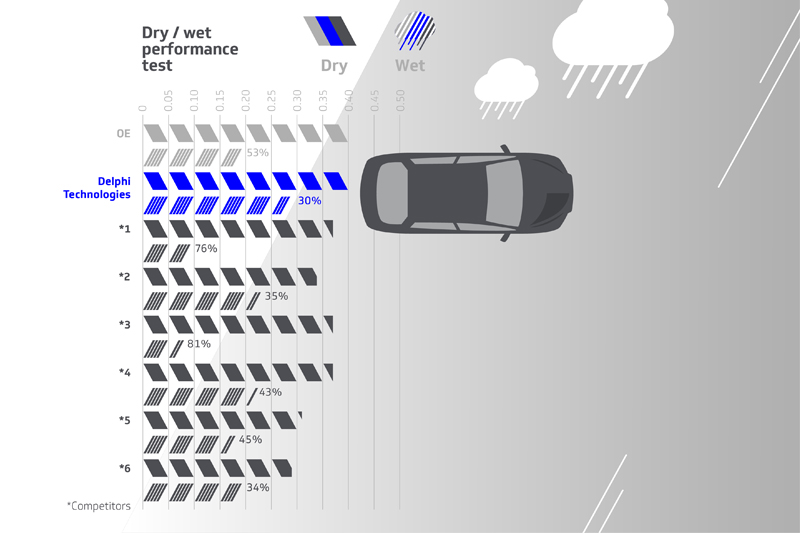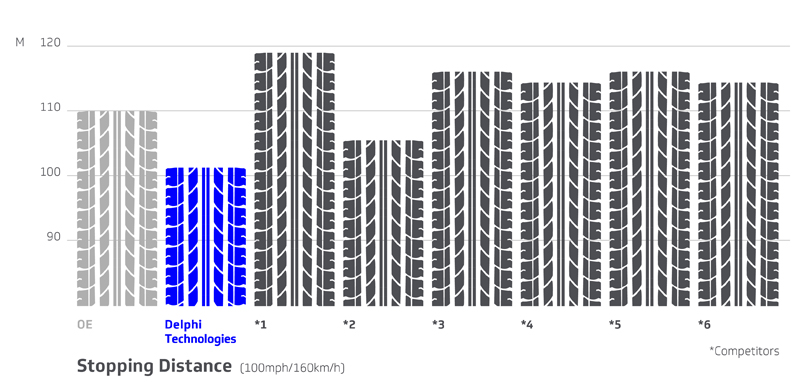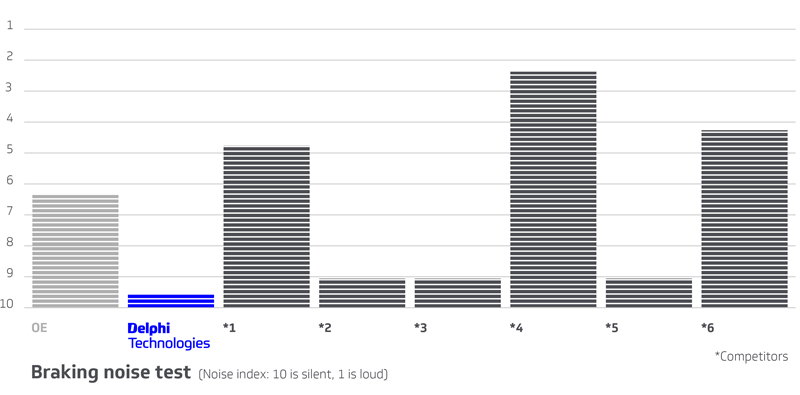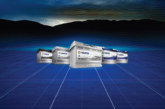
For most brake specialists, copper has been a vital performance enhancing ingredient for friction material development – until now. Due to the potential harmful impact the material can have on the environment, legislation is lined up to reduce its use. Diana Visa, UK Category Manager Braking at Delphi Technologies, explains how the company is doing its part.
The millions of copper dust particles that are generated through brake use are contaminating the environment, with waterways particularly affected. To save aquatic inhabitants across the world, legislation initially brought in to the states of California and Washington and expected to follow across Europe, orders all future brake pads to contain no more than 0.5% copper by 2025.
While new rules could lead to a scramble to develop suitable solutions over the next seven years, Delphi Technologies has already brought a copper-free range to market. Not only does the company’s latest range meet future legislation, but recent test results have actually shown that both stopping power and durability have improved.
“Legislation may be phasing out the use of copper as a brake friction material, just as it did with asbestos before it, but Delphi Technologies’ main drivers for product development are performance, safety and durability,” explained Diana. “Our new environmentally-friendly range has been developed to provide a stable friction coefficient for reliable performance, which outperforms and outlasts alternative aftermarket brands – it’s been developed to be better than past formulations, not just greener.”
The performance Diana refers to has been proven in recent competitor testing. It was found that the latest copper-free pads stopped faster, were quieter and lasted up to 33% longer than alternatives, including an Original Equipment option.
Testing times
Legislation can be seen as the enforced development of new technologies, which means a stressful time for suppliers. However, Delphi Technologies’ proactive development of a more environmentally- sustainable solution, brought to market far in advance of the deadline, eases any concerns and offers factors a tangible business opportunity. “An opportunity to provide customers with the best performing brake pad for the job, which also happens to be the quietest in testing, longest lasting and is an environmentally friendly option, can help factors upsell and improve customer loyalty,” confirmed Diana.
Tests were conducted using a VW Passat 2.0 TSi, where pads featuring the latest brake friction material stopped three car lengths before other alternatives. At ECE Regulation 90 speeds of 100mph, the Delphi-equipped vehicle stopped 4m ahead of the second-placed brand and 17m ahead of the worst. “When stopping from 100mph, a vehicle can still be travelling at 10mph over the final 4m and up to 35mph at 17m, so that extra stopping power could be the difference between avoiding an accident or not,” explained Diana. “So, it’s not only freshwater and marine life that benefit from copper-free pads being safer!”
Delphi’s pads also demonstrated the lowest reduction in performance in wet- weather conditions: the average friction coefficient drop-off of 30% over six stops compares to 34-81% for competitors.

A sound opportunity
“Performance and durability are key factors, but not the only considerations for brake friction material development,” continued Diana. “Cars are becoming quieter – especially with the growing popularity of hybrid and electric powertrains – so consumer expectation for enhanced NVH levels has never been so high. For the aftermarket, excess noise is one of the greatest comebacks for dissatisfied customers; under SAE-J2521 noise dynamometer testing that replicates real-world conditions, our latest pads came out top in all tests, registering a near-silent reading. This attention to detail is demonstrated by only ever using OE- quality shims, chamfers and underlayer technology to optimise noise reduction.
“Our aim has been to develop a brake pad that not only meets future legislation well in advance, but also one that offers enhanced performance and safety to customers, and makes the job of factors easier. Rigorous in-house testing and extensive development work using new combinations of materials were explored and validated before we arrived at what we believe to be an optimised brake friction material blend. We want to make brake pad selection as easy as possible: if the best performing pad lasts the longest, operates the quietest and offers environmental benefits, then we hope that the decision is a simple one – Delphi,” concluded Diana.

Delphi Technologies is working hard to ensure that as many cars on the road can benefit from its latest OE-quality green technology as possible. The range already covers over 95% of the European and Asian car parc and the company is regularly announcing additions, which can be viewed on the company’s website.







